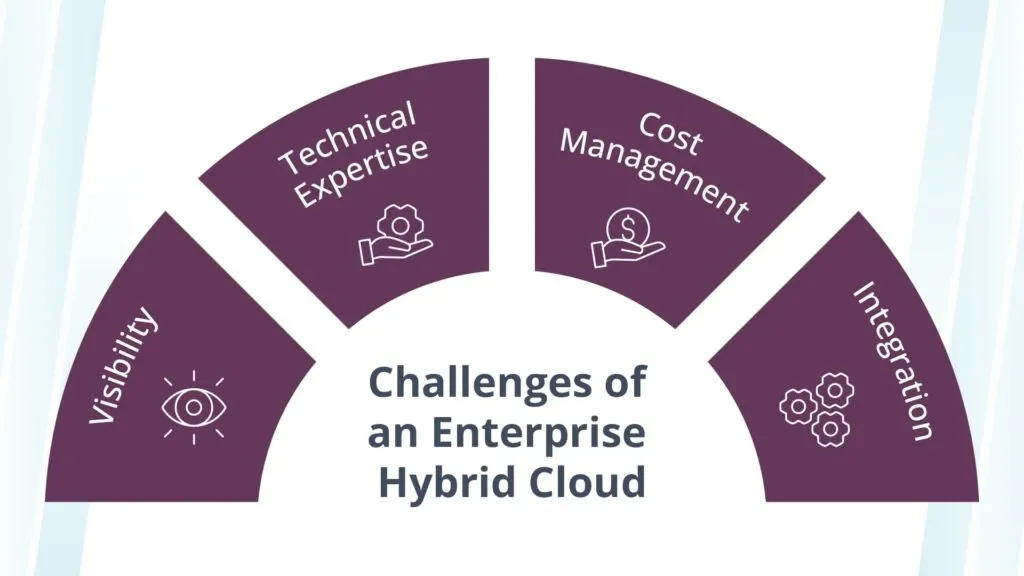There is more to a business than furniture and office space. Startup expenditures, particularly in their early phases, need thorough planning and accounting. Many new firms skip this step and instead rely on a large number of clients, which often leads to poor outcomes.
Startup costs are the expenses incurred in the process of establishing a new firm. Startup expenses vary depending on the business type. Online companies have unique requirements compared to brick-and-mortar enterprises, and coffee shops differ from bookstores. However, a few expenditures are shared by most business kinds.
Understanding Common Business Startup Costs.
The Business Plan
Developing a business strategy is crucial for a successful startup. A business strategy requires consideration of the various initial expenditures. Underestimating expenditures inaccurately boosts predicted net profit, which is not good news for any small business owner.
Read also:
- The Best 10 Podcasts for Startups and Entrepreneurs
- Lean Startup: Definition and Differences from a Traditional Business
- How Many Startups Fail and Why
- 6 Steps to Starting an Online business
- The Top 5 Startups and Businesses in Tech to Watch in 2024
Research Expenses
Before launching a firm, it's important to undertake thorough research on the industry and target audience. Some business owners use market research organizations to help with their assessments.
company owners should factor in the cost of employing specialists in their company plan.
Borrowing Costs
Starting any type of business demands an influx of funds. There are two ways to get cash for a business: equity financing and debt financing. Equity financing often involves the issuing of shares, but this is not the case for the majority of small enterprises, which are sole proprietorships.
Small business entrepreneurs typically rely on debt finance, specifically small business loans. Business owners can obtain loans from banks, savings institutions, and the US Small Business Administration. SBA business loans need interest payments, just like any other loan type. These payments must be budgeted for when beginning a firm since the cost of default is quite substantial.
Insurance, License, and Permit Fees
Many firms are required to submit to health inspections and authorizations in order to receive certain company licenses and permits. Some firms may require basic licenses, while others may need industry-specific permissions.
Having insurance coverage for your workers, customers, business assets, and yourself helps safeguard your personal assets from potential liabilities.
Read also: Hot New Business Ideas For The USA In 2024
Technological Expenses
Technological costs for businesses include website, information systems, and software such as accounting and POS. To save payroll and benefits costs, several small company owners outsource these operations to other organizations.
Equipment & Supplies
Every business needs some kind of equipment and basic materials. When calculating initial costs, it's important to choose whether to lease or purchase equipment.
The status of your finances will be a big factor in your decision. Even if you have enough money to buy equipment, unexpected expenditures may necessitate leasing with the goal of purchasing later. However, depending on the equipment and lease terms, a lease may not always be the best option, even if cash is available.
Advertising and Promotion.
Effective promotion is crucial for the success of a new firm or startup. Promoting a company involves more than just putting ads in local newspapers.
Marketing refers to a company's efforts to acquire new customers. Marketing has become a science where every advantage is advantageous, hence external specialist marketing agencies are frequently employed.
Read also: Best Web3 startups from 2024
Employee Expenses
When hiring staff, businesses must consider the cost of labor, which includes wages, compensation, and benefits.
Failure to appropriately reward staff can result in low morale, mutiny, and negative publicity, all of which can be fatal for a business.
Additional Startup Cost Considerations.
Save money for unforeseen expenditures. Many businesses fail due to a lack of funds to deal with unanticipated challenges throughout the business season.
Startup expenses varies across single proprietorships, partnerships, and corporations. Partnerships may incur additional expenditures, such as legal fees for writing agreements and state registration fees.
Read also: How to Obtain a Reliable Business Line of Credit in 5 Simple Steps










